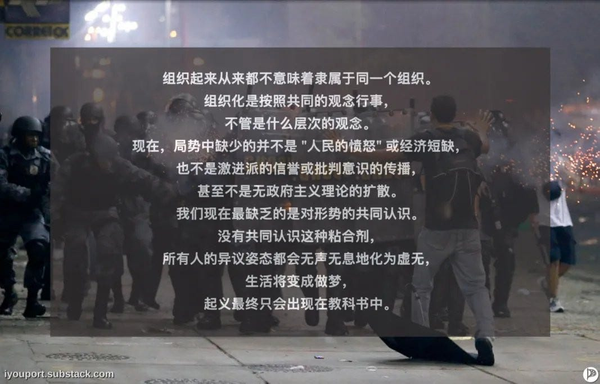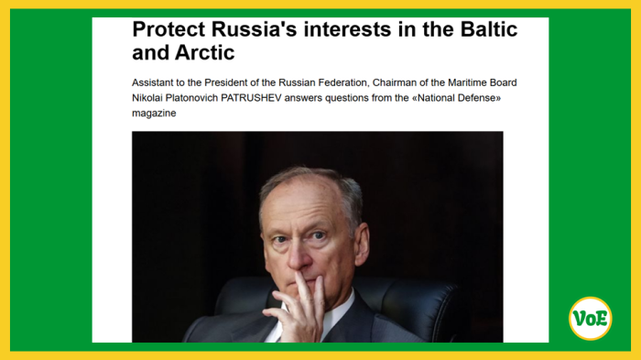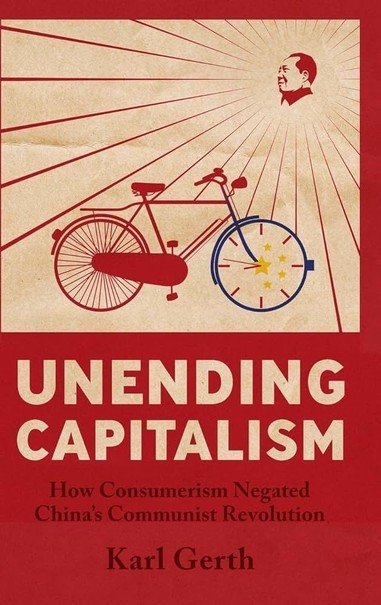De-Dollarization Was Always More Of A Political Slogan Than A Pecuniary Fact
De-Dollarization Was Always More Of A Political Slogan Than A Pecuniary Fact
By Andrew Korybko
Any breakthrough in Russian-US relations would inevitably disappoint those multipolar enthusiasts who bought into the most ideologically dogmatic narratives of the New Cold War and consequently believed that Russia would forever eschew the dollar out of principle.
The three-year-long NATO-Russian proxy war in Ukraine contributed to the belief that the international community had bifurcated into the West and the World Majority respectively, with the outcome of the aforesaid conflict determining which camp will most powerfully shape the global systemic transition. This paradigm predisposed observers to imagine that BRICS, which represents the World Majority, is actively coordinating de-dollarization policies in order to decouple themselves from the West’s financial clutches.
That perception persists to this day despite last October’s BRICS Summit achieving nothing of tangible significance at all, including on the de-dollarization front, and leading members like India and Russia subsequently confirming in response to Trump’s tariff threats that they’re not creating a new currency. As it turns out, even before Trump initiated the nascent Russian–US “New Détente”, the international community wasn’t as divided over the past three years as many multipolar enthusiasts thought.
Complex interdependencies kept most of the main players together, including Russia and the West after Russia continued selling oil, gas, and critical minerals like uranium to the West in spite of their proxy war. Similar interdependencies account for why Indian External Affairs Minister Dr. Subrahmanyam Jaishankar declared in mid-November that “India has never been for de-dollarization” and then reaffirmed this position last week when he said that “we have absolutely no interest in undermining the dollar at all.”
He also said that “I don’t think there is a unified BRICS position on [de-dollarization]. I think BRICS members, and now that we have more members, have very diverse positions on this matter. So, the suggestion or the assumption that somewhere there is a united BRICS position against the dollar, I think, is not borne out by facts.” The reason why it’s important to draw attention to his latest words is because of the global context within which they were shared as regards the nascent Russian-US “New Détente”.
Putin’s recent invitation to American companies to cooperate with Russia on strategic resources, including energy in the Arctic and even rare earth minerals in Donbass, will lead to Russia using more dollars in international trade if anything comes of this. That would in turn discredit the perception shared earlier in this analysis of Russia actively de-dollarizing, which Putin himself always said that it was forced by sanctions into doing and thus wouldn’t have ordinarily happened on its own.
A thaw in their tensions brought about by the US brokering an end to their proxy war in a way that meets most of Russia’s interests would therefore naturally see Russia using the dollar yet again. To be sure, it’ll still support the creation of platforms like BRICS Bridge, BRICS Clear, and BRICS Pay, but these would be aimed at preventing dependence on the dollar more so than advancing de-dollarization per se. The rouble will also continue to be used as Russia’s preferred currency in conducting international trade.
Nevertheless, any breakthrough in Russian-US relations would inevitably disappoint those multipolar enthusiasts who bought into the most ideologically dogmatic narratives of the New Cold War and consequently believed that Russia would forever eschew the dollar out of principle. Those who previously criticized India’s pragmatic approach towards this currency, particularly Jaishankar’s comments from mid-November, would then eat crow if Russia ultimately ends up following its lead.
Even if Russia is just partially returned to the dollar’s global ecosystem through the lifting of US sanctions on that currency’s use for facilitating the strategic resource deals that Putin just proposed, then it would likely result in the rest of BRICS moderating their de-dollarization policies as well, if they even had them. China alone might continue making the most progress in this regard, but even it too has been hesitant to go all-out, also due to its complex interdependencies with the West (including its US Treasury holdings).
These observations about Russia, India, and China’s diverse views towards the dollar show that de-dollarization was always more of a political slogan than a pecuniary fact, one that only Russia made tangible progress on but only because it was forced to, though it might soon rebalance as explained. They collectively form RIC, the core of BRICS, so whatever they say or do will influence comparatively smaller countries. There’s nothing wrong with that though, neither in general nor in this context.
Comparatively smaller countries can’t make major impacts on the global economic or financial systems on their own, and in this particular context, almost all of them with few exceptions still have close trading ties with the US that necessitate them remaining within the dollar’s global ecosystem. They couldn’t realistically de-dollarize in the way that the most dogmatic ideologues imagined without immense cost to themselves or replacing their dependence on the US/dollar with China/the yuan.
The most pragmatic approach has always been the one pioneered by India whereby countries strive to use their national currencies more in trade while diversifying their foreign currency baskets in order to avert dependence on any single one. This enables them to strengthen their sovereignty in a meaningful and realistic way without risking the ire of major players by actively dropping their currency and/or actively adopting their rival’s. It’s this balance that will come to define financial multipolarity processes.
Disclaimer: The views expressed in this article are author’s own and do not necessarily reflect the editorial policy of Voice of East.
7 Courses in 1 – Diploma in Business Management
#BRICS #China #Geopolitics #India #NewColdWar #Russia #USA





![Custom card for Twilight Struggle.
Neutral, 1 Ops
Early War
The Thin Red Line
Suggest redrawing the Baltic Sea's maritime borders. Roll one die and subtract 1 for every enemy-controlled country adjacent to the sea. Player Victory on modified die roll of 1–6.
Effects of Victory: Player gains 1 VP and removes 1 Opponent Influence to [sic] Lithuania, Latvia, Estonia or Finland.](https://files.mastodon.social/cache/media_attachments/files/112/495/741/049/913/904/small/406fdf9b0e9ed824.png)